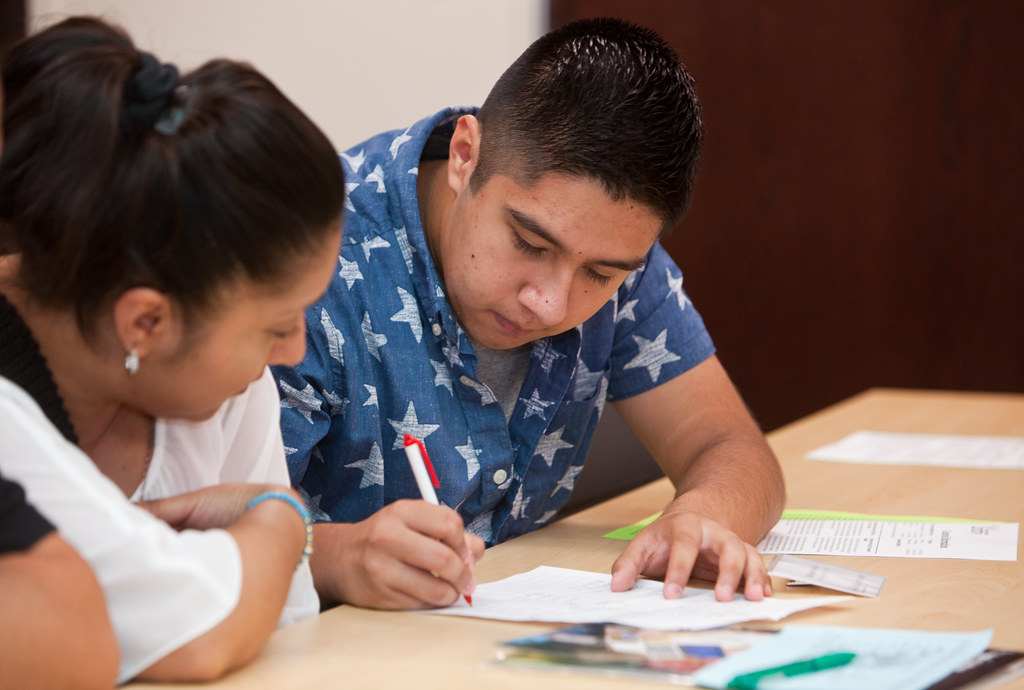We will explore some common beliefs about the psychological traits and behaviors of cod that have no basis in fact. Despite their popularity and significance, cod are often the subject of myths and misconceptions that perpetuate unfounded beliefs about their psychology. From claims of their emotional and cognitive intelligence to their supposed social hierarchy, these beliefs often lack scientific evidence and can lead to misunderstandings about the nature of cod behavior. In this post, we will offer a more accurate understanding of Cod psychology.
Contents
What Is Cod Psychology?
When it comes to beliefs about the psychology of cod that have no basis in fact, there are several common myths that persist. Some people believe that cod have advanced cognitive abilities and emotions, including the ability to feel pain and suffer. However, there is no scientific evidence to support these claims. Other beliefs include the idea that cod have a social hierarchy or can recognize individual humans, but again, these claims are not supported by scientific research.
Examples For The Psychology Of Cod

Here are some additional examples of the psychology of cod:
- Cognitive abilities: Cod are known to possess cognitive abilities that are essential for their survival, such as spatial learning, problem-solving, and memory. For example, they are able to remember the location of their spawning grounds, which allows them to return to the same area year after year. They also exhibit problem-solving skills, such as being able to extract prey from crevices on the ocean floor.
- Social behavior: Cod exhibit social behavior, such as grouping together in schools or shoals. These groups can serve a variety of purposes, including increasing the efficiency of foraging and reducing the risk of predation. Cod also communicate with one another through a variety of visual and auditory signals, such as changing color, tail flicks, and vocalizations.
- Responses to environmental cues: Cod are able to detect and respond to a range of environmental cues, including changes in water temperature, salinity, and light levels. For example, they may adjust their feeding behavior in response to changes in water temperature, or migrate to different areas in response to changes in salinity levels.
- Behavioral plasticity: Cod are able to exhibit behavioral plasticity, which allows them to adjust their behavior in response to changing environmental conditions. For example, they may change their feeding habits or migrate to different areas in response to changes in food availability or water temperature. This adaptability is essential for their survival in a changing environment.
Understanding the psychology of cod can provide important insights into their behavior and how best to manage and conserve their populations.
How To Deal With Cod Psychology Issues?
Dealing with issues related to cod psychology requires a thorough understanding of their behavior and the factors that influence it. Here are some strategies that can help address such issues:
- Conduct research: Conducting research on the behavior and psychology of cod can help identify the root causes of issues such as declining populations or changes in feeding behavior. This research can provide valuable insights into the factors that influence cod behavior, such as changes in water temperature or food availability.
- Implement management strategies: Based on the findings of the research, management strategies can be implemented to address cod psychology issues. For example, if declining populations are attributed to overfishing, fishing quotas, and other measures can be put in place to help protect the species.
- Improve habitat quality: Ensuring that cod have access to high-quality habitat can help support their survival and behavior. For example, measures can be taken to reduce pollution, improve water quality, and protect important spawning and feeding areas.
- Educate stakeholders: Educating stakeholders, such as fishermen, the general public, and policymakers, can help raise awareness about the importance of cod psychology and the need to protect the species. This can lead to better management and conservation efforts, as well as support for scientific research.
Overall, addressing cod psychology issues requires a comprehensive and multi-faceted approach that takes into account the biological, environmental, and social factors that influence the species.
Consulting The Right Psychologist For Cod Psychology

Consulting the right psychologist for cod psychology can be challenging, in the field of marine psychology of cod. However, there are some steps to find the right professional for your needs:
- Research: Start by researching marine animal psychologists who specialize in fish behavior and psychology. Look for professionals who have experience working with cod or similar species, and who have a background in marine biology, ecology, or related fields.
- Referrals: Reach out to other professionals in the marine animal psychology community for referrals. This can include colleagues, researchers, and conservation organizations.
- Consultations: Schedule consultations with potential psychologists to discuss their expertise and experience working with cod. This can help you to determine a good fit for your needs.
- Credentials: Verify the credentials and licensing of any potential psychologists to ensure they are qualified to provide the services you need.
- Collaboration: Consider working with a team of professionals, including marine biologists, ecologists, and conservationists, to ensure a comprehensive approach to understanding and addressing cod psychology issues.
Overall, finding the right psychologist for cod psychology requires careful research, collaboration, and consultation with experts in the field. By working with qualified professionals, we can gain a better understanding of the behavior and psychology of cod and work towards more effective management and conservation strategies for this important species.
Conclusion
In conclusion, the study of cod psychology offers valuable insights into the behavior and cognitive abilities of one of the most important fish species in the world. Cod exhibit a range of behaviors, from social interactions to cognitive abilities and responses to environmental stimuli. Understanding these behaviors can provide important insights into the best management and conservation strategies for the species, as well as support for sustainable fishing practices. By continuing to study the psychology of cod, we can gain a better understanding of this important species and work towards ensuring its survival for future generations.
For more information, please contact MantraCare. Online therapy types include videoconferencing, phone sessions, messaging-based therapy, chat-based therapy, and therapy based on different problems. If you have any queries regarding Online Counseling experienced therapists at MantraCare can help: Book a trial therapy session


